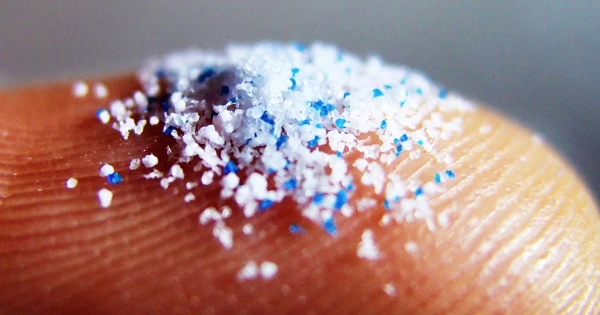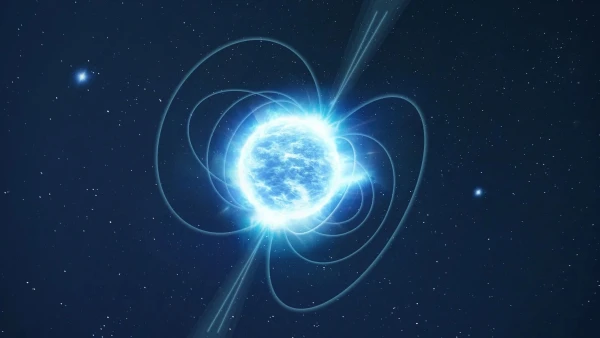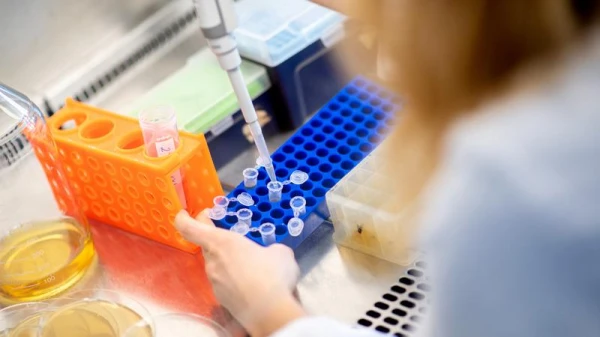
Microplastics could lead to a food crisis.
Microplastics accumulated in soil and water are affecting food production. A new study published in PNAS has shown that plastic particle pollution reduces plants' ability to photosynthesize, which could lead to significant crop losses in the future and exacerbate the hunger problem, The Guardian reports.
According to scientists' estimates, current losses of wheat, rice, and corn due to microplastics range from 4 to 14 percent. If pollution rates continue, by 2040 the number of people suffering from food shortages could increase by 400 million. The authors of the study stated that this is a "warning signal" for global food security.
Microplastics are entering the environment in vast quantities: they are found in the air, water, and even in the most remote corners of the planet—from Everest to the depths of the ocean. Researchers have found that they block sunlight from reaching leaves, disrupt water exchange in the soil, and release toxic compounds that reduce chlorophyll levels. Additionally, their particles hinder nutrient uptake, making plants less viable.
Asia will be the hardest hit: crop losses there could reach 177 million tons per year. In Europe, wheat will be most affected, while in the U.S., it will be corn. However, the problem will impact the entire world, as microplastics also affect marine ecosystems, reducing fish and seafood populations.
Experts note that crop losses from microplastic pollution are already comparable to the consequences of the climate crisis in recent decades. They warn that if plastic emissions are not reduced, humanity will face a severe food shortage.













Leave a comment